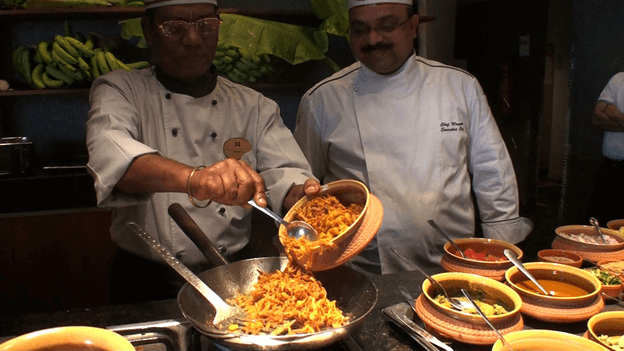In today’s regulatory environment, food safety enforcement is becoming increasingly stringent. With the Food Safety and Standards Authority of India (FSSAI) actively inspecting restaurants and food outlets, it is imperative for food business operators (FBOs) to ensure strict compliance with applicable norms under the Food Safety and Standards Act, 2006 (“FSS Act”) and allied regulations.
Based on practical experience and prevailing legal requirements, here are five essential precautions every restaurant owner must take to navigate FSSAI scrutiny effectively:
⸻
- Maintain Invoices and Supplier Details for All Raw Materials
Why it matters:
Section 26 of the FSS Act imposes personal responsibility on FBOs to ensure that food is safe and of the expected quality. During inspections or in case of sample failures, documentation becomes key to tracing the source of the ingredients used.
What to do:
• Maintain a physical or digital record of all purchase invoices.
• Include name, FSSAI license number, and contact details of the supplier.
• Keep records for at least one year, as per FSS (Licensing and Registration) Regulations, 2011.
⸻
- Cooperate with Food Safety Officers (FSOs) and Share Invoices When Samples Are Taken
Why it matters:
Rule 2.4.1 of the FSS Rules, 2011 authorizes FSOs to inspect premises, lift samples, and examine records. Refusal to cooperate or failure to furnish documents can lead to penal consequences.
What to do:
• Always cooperate professionally with inspecting officers.
• If any food item is sampled, immediately share the invoice or purchase record for that item.
• This helps establish that the product was lawfully sourced and shifts part of the liability to the supplier, if necessary.
⸻
- Ensure Accuracy and Completeness of the Sample Challan
Why it matters:
The sample challan (Form V-A) is a legally relevant document. If any detail is missing, especially in the case of pre-packaged foods, it may affect your ability to defend the case or challenge the test report.
What to do:
• Before signing, ensure the FSO has recorded all relevant details on the challan:
• Product name
• Batch/Lot number
• Manufacturer details
• Manufacturing and expiry dates
• Net quantity, etc.
• Keep your copy of the sealed sample and challan securely.
⸻
- Obtain Quality Certificates for Loose Commodities
Why it matters:
Items like paneer, oil, curd, spices, and flour are often purchased in unpackaged (loose) form. These are more prone to contamination and are frequently sampled by FSOs.
What to do:
• Always procure a declaration or quality certificate from your vendor stating the product conforms to FSSAI standards.
• Where possible, purchase such items only from licensed FSSAI suppliers.
• Retain certificates/invoices for each batch received.
⸻
- Avoid Appealing Against State Lab Results for Loose Items Without Legal Advice
Why it matters:
Under Section 47 of the FSS Act, if a sample fails testing at the State Food Laboratory, an FBO may appeal to the Referral Laboratory. However, there have been instances where a product originally classified as “sub-standard” was later found to be “unsafe”, triggering criminal liability under Section 59.
What to do:
• If the failed item is a short shelf-life or loose product, think twice before filing an appeal.
• Consult a food law expert—because if the Referral Lab classifies the item as unsafe, consequences include prosecution, penalties, and potential imprisonment.
• In some cases, accepting the “sub-standard” classification and paying the penalty may be the safer course.
⸻
Conclusion
FSSAI compliance is not merely about licensing—it requires diligent record-keeping, supplier verification, and procedural awareness. Simple missteps like failing to check a challan or appealing without assessing the risks can result in severe consequences, including product seizure, monetary penalties, or even criminal prosecution.
Restaurant owners must train staff, maintain proper documentation, and consult legal professionals wherever necessary to ensure a robust compliance framework.


